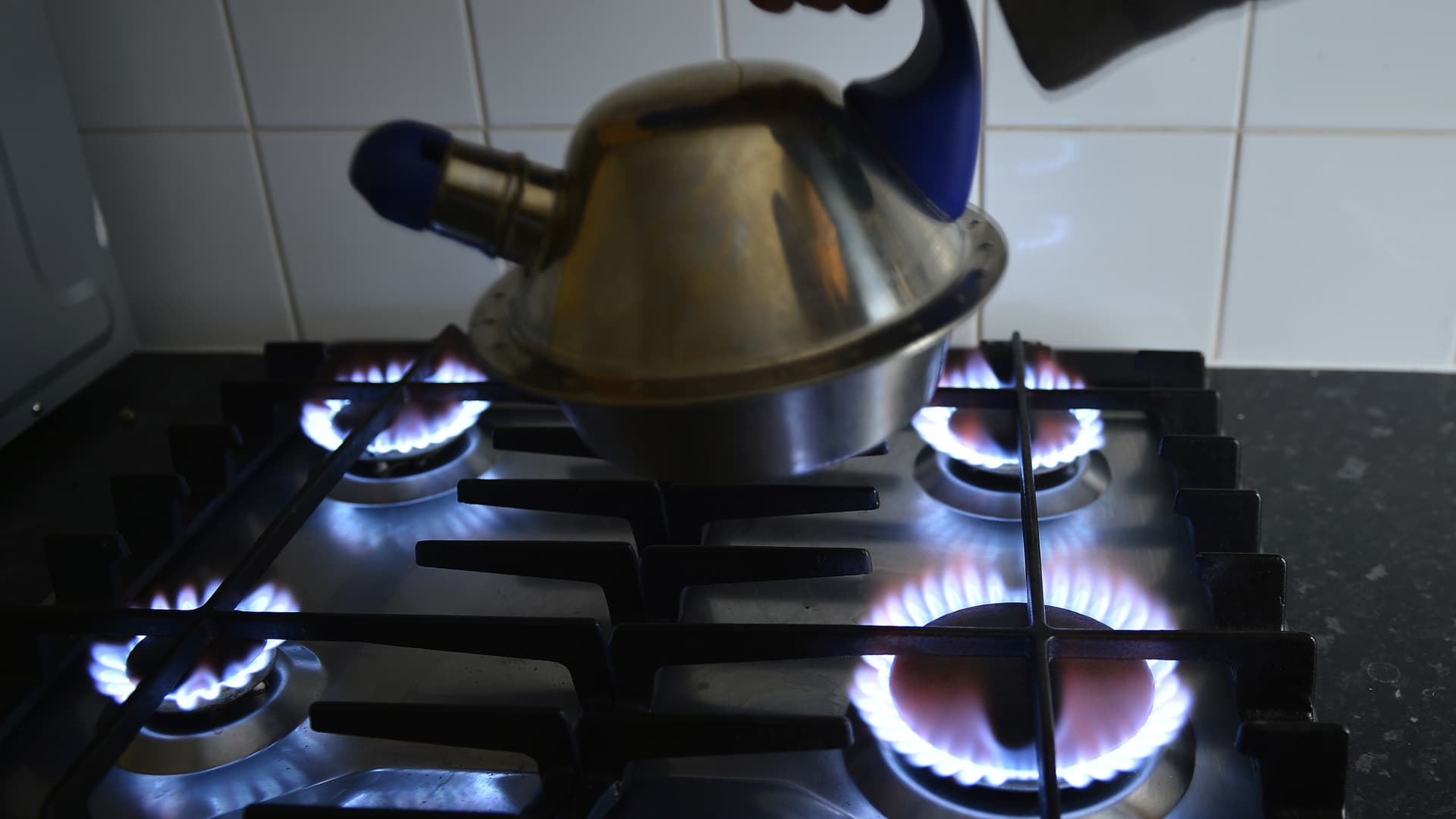Germany warns of possible natural gas rationing amid dispute with Russia

Germany has declared an “early warning” that it could soon be facing a natural gas emergency as Europe’s largest economy prepares for the risk of a full supply disruption from Russia.
The Kremlin has repeatedly demanded that so-called “unfriendly” countries pay in rubles for gas, referring to those behind heavy economic sanctions designed to isolate Russia over its unprovoked onslaught in Ukraine.
The G-7, which induces Germany, has rejected that demand. Most countries currently pay for Russian gas in euros or dollars.
German Economy Minister Robert Habeck said Wednesday that the “early warning” measure was the first of three stages and does not yet imply a state intervention to ration gas supplies.
However, Habeck called for consumers and companies to reduce consumption, telling a news conference that “every kilowatt hour counts,” according to Reuters.
Germany’s supplies were safeguarded for the time being, Habeck said, before adding the government was closely monitoring supply flows with market operators.
“Nevertheless, we must increase precautionary measures to be prepared for an escalation on the part of Russia,” Habeck said, according to a translation. “With the declaration of the early warning level, a crisis team has convened.”
European countries’ dependence on Russian energy exports has been thrust into the spotlight since the Kremlin launched its invasion of Ukraine on Feb. 24, prompting a barrage of punitive economic measures from the U.S. and international allies.
The conflict has triggered a devastating humanitarian crisis and sent shockwaves through financial markets.
The front-month gas price at the Dutch TTF hub, a European benchmark for natural gas trading, traded up over 14% at 124.2 euros ($138.5) per megawatt-hour on Wednesday morning, according to New York’s Intercontinental Exchange.
The TTF-month ahead index has traded at elevated levels in recent weeks, partly due to persistent geopolitical concerns.
‘Prepare for all scenarios’
Habeck has said Germany, which imported around 55% of its gas supplies from Russia last year, would not be able to achieve full independence from Moscow before mid-2024.
The European Union, meanwhile, receives roughly 40% of its gas via Russian pipelines and several of which run through Ukraine.
Klaus Mueller, the head of German network regulator Bundesnetzagentur, said via Twitter that the early warning would help Germany and the European Union to avoid the deterioration of gas supplies. Mueller called on consumers and industry leaders to prepare for “all scenarios.”
Germany’s emergency gas plan has three levels. The first has now been triggered, with the early warning measure designed to prepare for the risk of a potential supply disruption.
The second level refers to alarm, whereby the usual balance is significantly disrupted but the government believes it can still be corrected with market-based measures.
The third level is emergency, at which point intervention is required. Germany’s Bundesnetzagentur must then decide how to distribute the remaining gas supplies nationwide.




